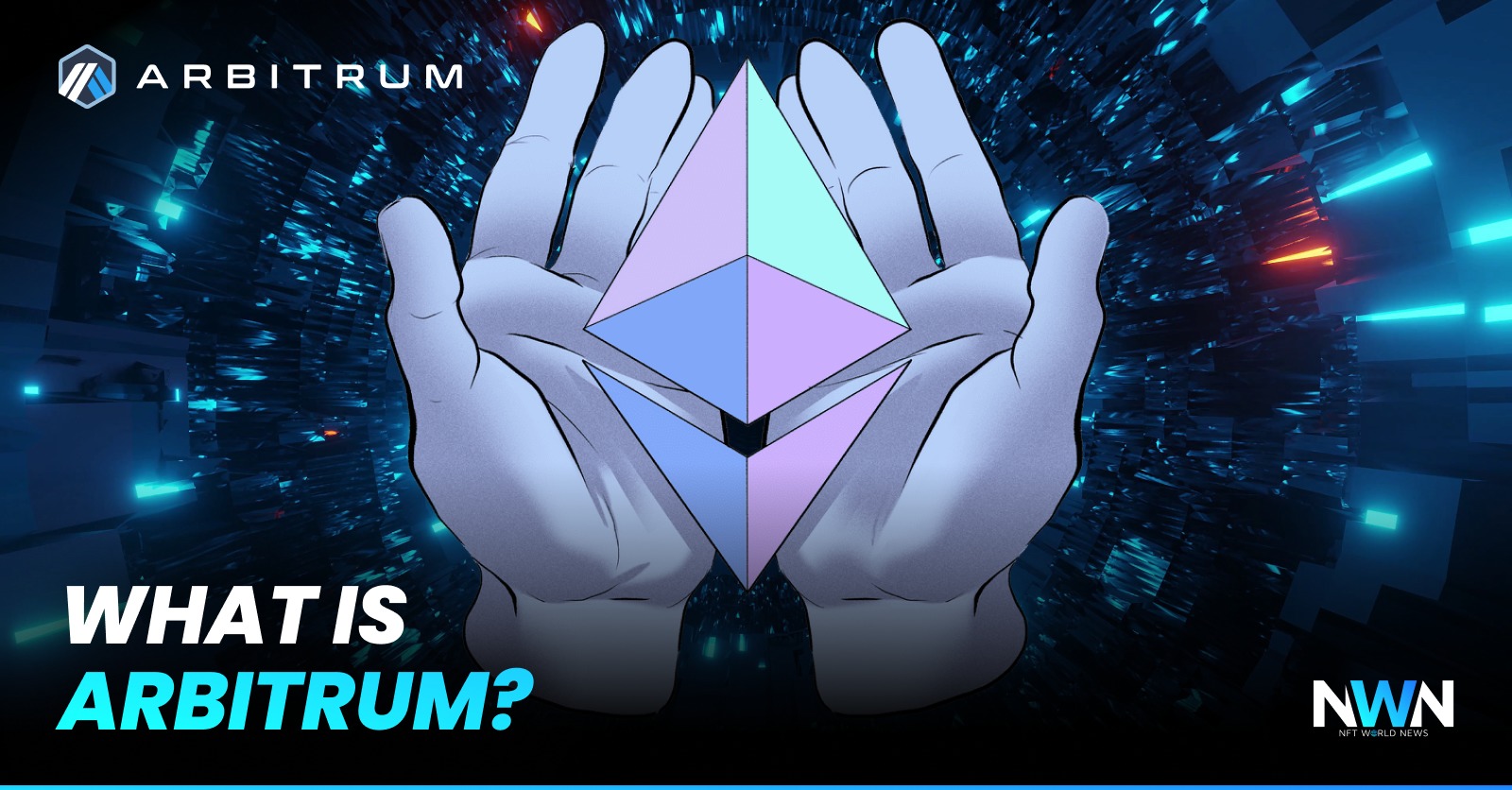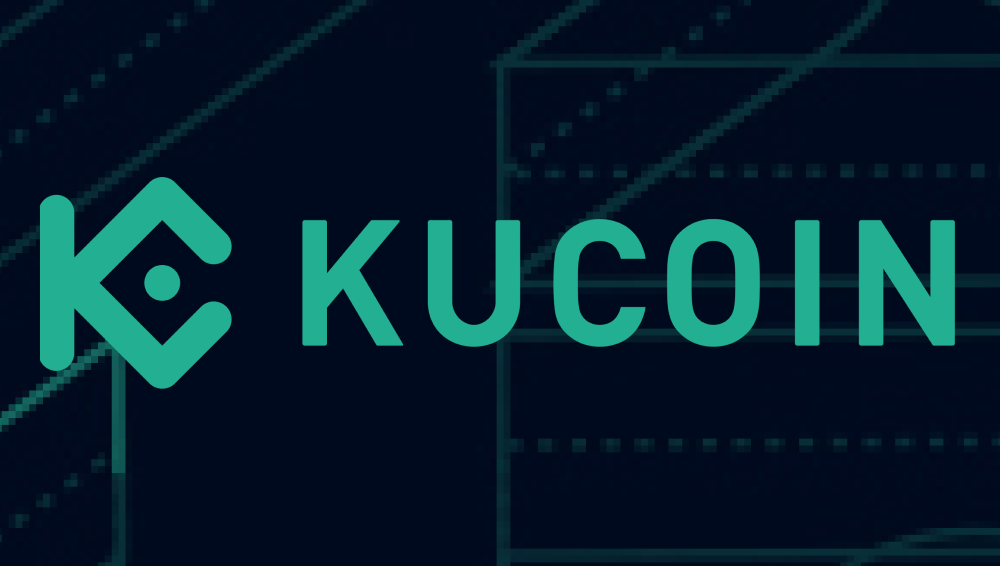Quick Summary
- Arbitrum is a low-cost and fast blockchain that sends all transaction data back to the Ethereum network and processes several transactions as one.
You know the drill with Ethereum. It’s relatively slow, and the transaction fees are through the roof. The Ethereum network has done a lot for the crypto and NFT community, but there are factors that may be improved thanks to optimistic rollups. That’s why Arbitrum has been created.
related: Coin98: Everything For Crypto
What is Arbitrum?
Abritrum is a low-cost, quick-to-use blockchain that sends all transaction data back to the main Ethereum network. While Ethereum can only process 14 transactions per second, Arbitrum can process much more transactions. On Ethereum, transactions cost tens of dollars (or even more) to execute, whereas, on Arbitrum, transactions usually cost 90 to 95% less.
Arbitrum also supports the Ethereum Virtual Machine (EVM), which means Ethereum DeFi developers can use Arbitrum to incorporate their decentralized applications (dApps) without having to make any changes. Offchain Labs developed Arbitrum, and the company raised $120 million in a Series B investment round.
you may also wanna read this: Top 10 Algorand NFT Projects In Summer 2022
Simply put, users and smart contracts instruct Arbitrum’s blockchain to do a task by submitting transactions to the chain’s ‘inbox.’ The data is then processed by Arbitrum, which generates a transaction receipt. The transactions in Arbitrum’s inbox influence how it handles that transaction or its ‘chain state.’ Arbitrum currently uses an optimistic rollup approach to handle Ethereum transactions.
Why use Arbitrum?
- Trustless security: security rooted in Ethereum, with any one party able to ensure correct Layer 2 results
- Compatibility with Ethereum: able to run unmodified EVM contracts and unmodified Ethereum transactions
- Scalability: moving contracts’ computation and storage off of the main Ethereum chain, allowing much higher throughput
- Minimum cost: designed and engineered to minimize the L1 gas footprint of the system, minimizing per-transaction cost.
But wait…what is the Optimistic Rollup?
For blockchain transactions, a rollup is a form of data compression technique. It entails combining multiple transactions into a single transaction. This has the advantage of requiring a blockchain to perform only one transaction (the rolled-up transaction) rather than each individual transaction contained within the rollup. This saves time as many transactions are confirmed at once, eliminating the need to wait for the blockchain to process your transaction. It also saves money as the blockchain only has to confirm one transaction.
A strategy for rolling up transactions is known as an “optimistic” rollup. To save time, optimistic rollups presume that all of the transactions in the rollup are correct. If a validator suspects fraudulent behavior, a dispute resolution mechanism can be used to protest transactions. Arbitrum gathers transactions in batches and then feeds the data back into the Ethereum blockchain ledger.
Conclusion
Optimistic Rollups and Layer solutions on Ethereum are the inevitable future for the crypto space, and there are also a few other projects focusing on the scalability of ETH like Metis. Arbitrum also has a feature called AnyTrust Chains that significantly reduces fees and increases the speed of transactions.
Follow Arbitrum: Website | Twitter | Discord | YouTube |
more to read
Is A Game of Dragons Solana’s Answer to Axie Infinity?
Blinder NFTs Went up by 10x in a Bear Market!
Follow NFT World News: Twitter, Instagram, Telegram, Tiktok, Youtube, Twitch
sources: arbitrum, twitter, decrypt, offchainlabs
author: Rene Remsik
Disclaimer: This article is provided for informational purposes only. It is not offered or intended to be used as legal, tax, investment, financial, or other advice.
Disclaimer: This article is provided for informational purposes only. It is not offered or intended to be used as legal, tax, investment, financial, or other advice.





